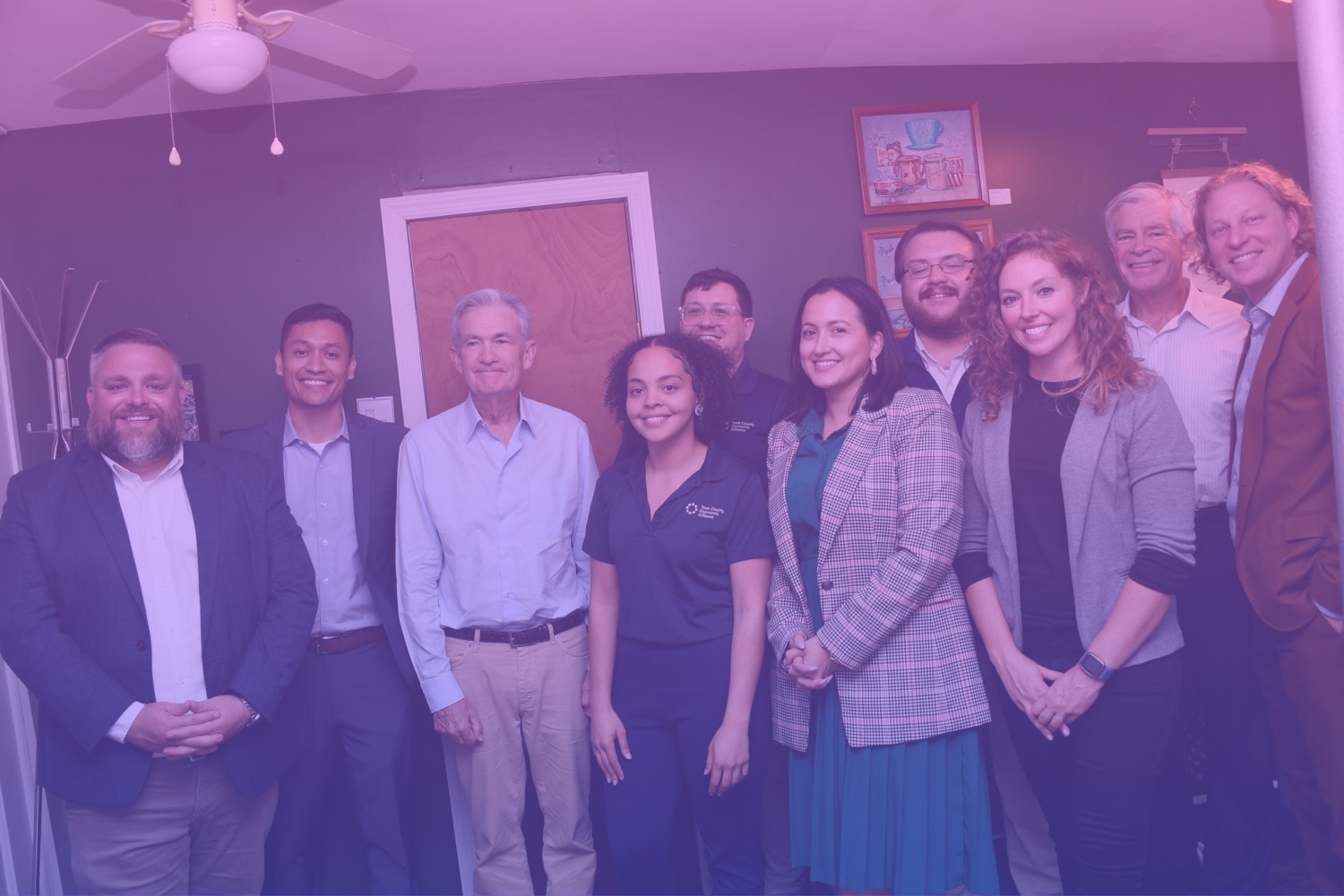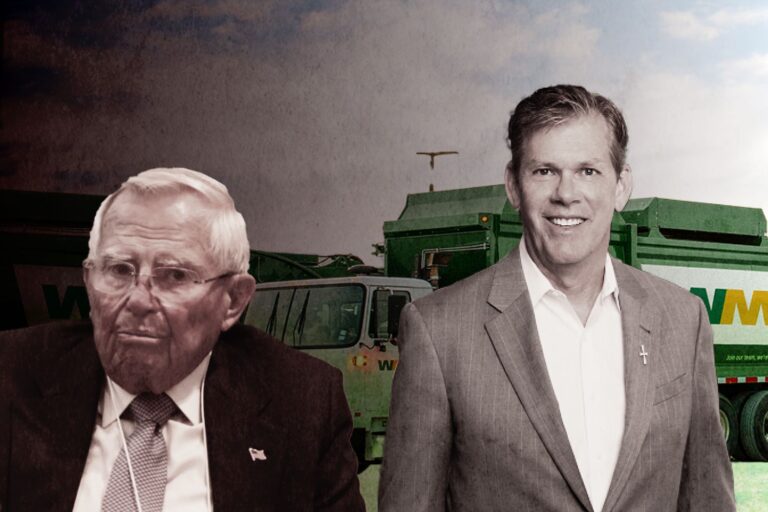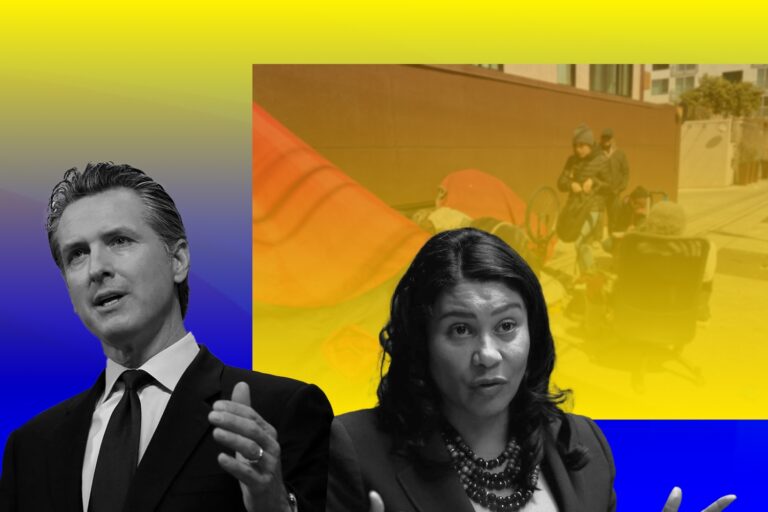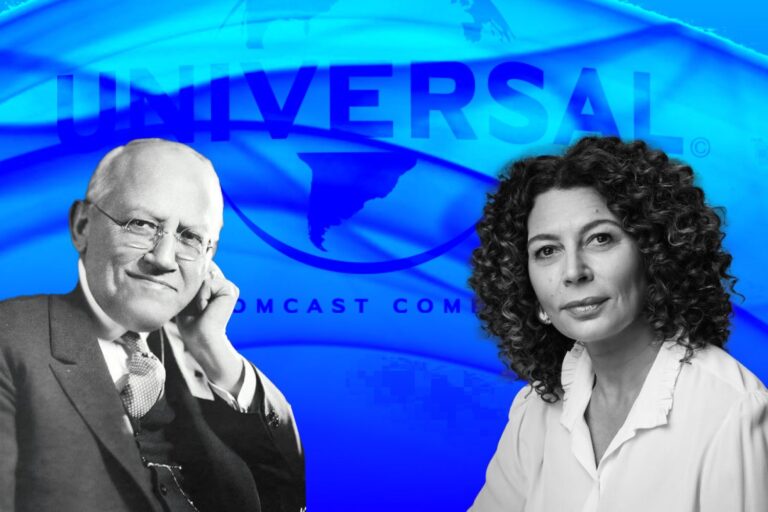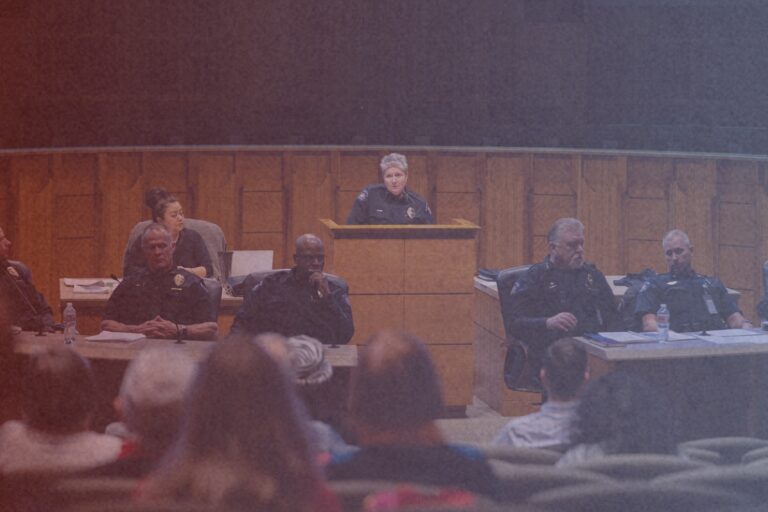211: A Lifeline of Hope and Compassion in Philadelphia
Amid the bustling cities and serene suburbs of New Jersey and Pennsylvania, a lifeline quietly hums through the telephone lines—a lifeline known as “211.” This unassuming three-digit number is the gateway to government and nonprofit assistance, a beacon of hope for those grappling with the relentless challenges of housing costs, utility bills, and other pressing needs.
Remarkably, nearly 95% of Americans have access to this indispensable service, which stands as a testament to a nation’s commitment to helping its most vulnerable citizens.
In the heart of this service, dedicated specialists stand ready, day in and day out, to answer the call for help. Theirs is a mission rooted in empathy, driven by compassion, and fortified by an unyielding belief in the power of connection.
This is a story of solutions, an immersion into the world of solutions-based journalism, where we explore not just the workings of 211, but also the individuals who embody its spirit.
Why do these specialists choose this path of service? What are the personal stories that drive them to assist those in need? Let’s explore!
Financial Stress in the City of Brotherly Love: Low-Income Households
Philadelphia, a city with a rich historical heritage and a growing urban landscape, is confronted with an escalating housing affordability dilemma. As the city experiences a shift from population decline to growth, the demand for housing has surged, raising concerns about who can afford to live in the City of Brotherly Love.
To delve into this issue, The Pew Charitable Trusts conducted a comprehensive analysis of housing data, placing Philadelphia’s housing affordability situation within the context of other major U.S. cities, including those with high poverty rates and high populations.
This analysis primarily emphasizes the demand side of the housing equation, focusing on the cost of housing and residents’ financial capacity to meet these expenses. The pivotal metric is “cost burden,” where a household allocates 30% or more of its income towards housing-related costs. In 2018, nearly 40% of Philadelphia households, encompassing approximately 529,000 individuals, grappled with cost burden. Intriguingly, this percentage exhibited a slight decline over the past decade, attributable in part to an upswing in high-income households in the city.
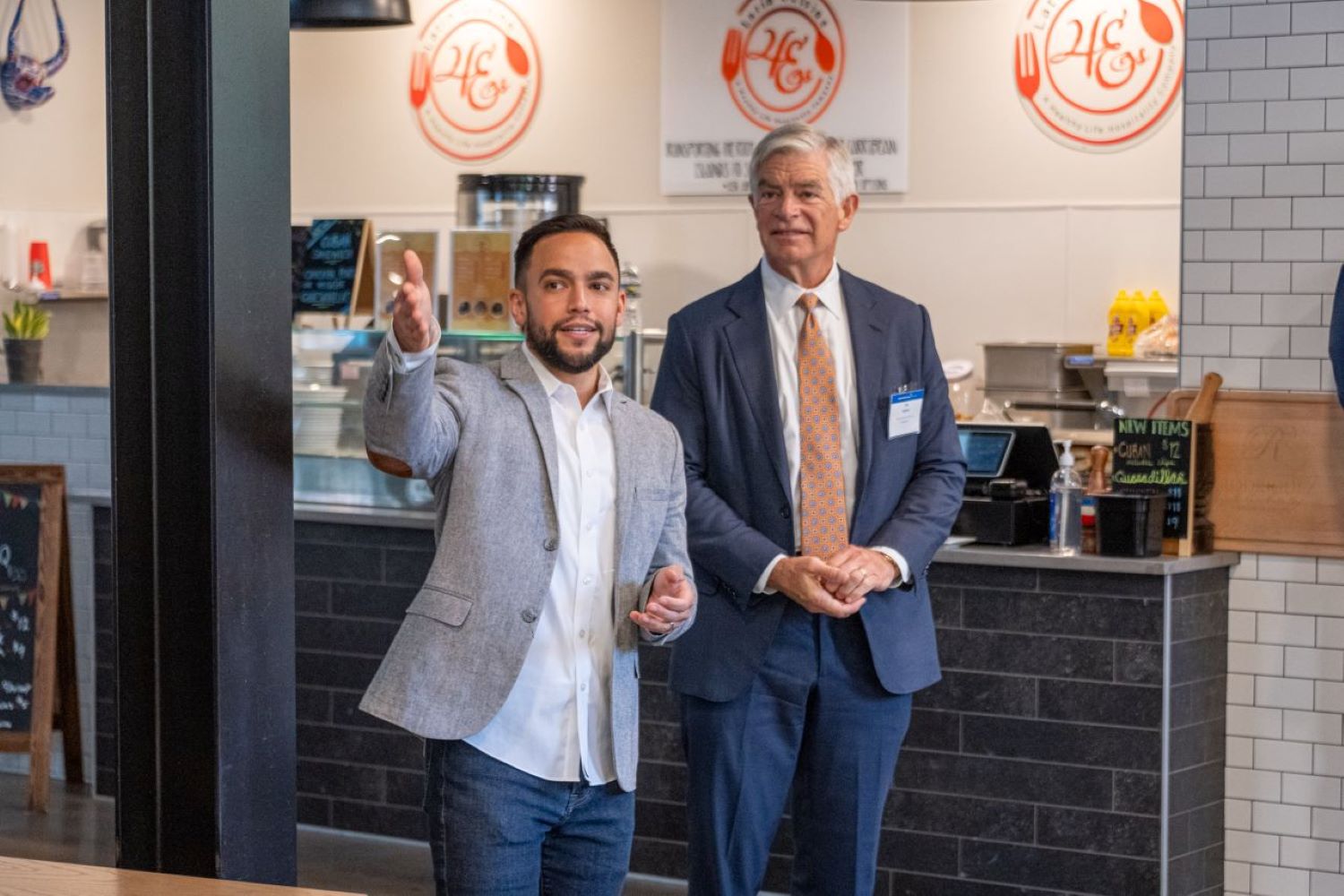
Philadelphia’s housing affordability narrative differentiates between homeowners and renters. For homeowners, the city remains relatively affordable when compared to major urban centers, albeit aligning closely with cities characterized by high poverty rates. Conversely, for renters, Philadelphia offers relative affordability when contrasted with other major cities but presents a more daunting financial challenge for a city with elevated poverty rates.
Unlike cities where soaring housing prices are the primary driver of affordability woes, Philadelphia’s predicament predominantly stems from inadequate income levels.
Among the ten most populous U.S. cities, Philadelphia stands out for having the highest proportion of cost-burdened households with low incomes. Despite the city’s comparatively lower housing costs, a significant segment of its population grapples with insufficient income to secure affordable housing.
This affordability crisis disproportionately affects renters earning less than $30,000 annually, with a staggering 88% facing cost burdens and 68% experiencing severe cost burdens, where over half of their income is consumed by housing expenses. The city’s supply of affordable housing units substantially lags behind the needs of this substantial demographic, with nearly twice as many low-income renter households as available affordable housing units.
The key findings of the housing affordability analysis in Philadelphia shed light on the pressing challenges faced by its residents.
Firstly, an overwhelming 69% of cost-burdened households in Philadelphia grapple with annual incomes below $30,000, underscoring the stark income disparities within the city. In contrast, only a mere 12% of these households surpass the $50,000 income threshold, highlighting the vast gap in financial capacity among residents.
Secondly, the burden of housing costs falls disproportionately on Hispanic households, with a staggering 50% experiencing cost burdens, marking the highest incidence among major racial or ethnic groups in the city. In contrast, 46% of Black households and 32% of White households confront similar financial challenges, underscoring disparities in housing affordability among these communities.
Thirdly, among Philadelphia’s diverse population, renters bear a more substantial burden when it comes to housing costs, with 54% facing cost challenges, compared to a significantly lower 28% among homeowners. This trend is particularly noteworthy as renters are steadily gaining prominence in the city’s housing market.
Fourthly, the geographical aspect plays a pivotal role in this affordability conundrum. Certain areas within Philadelphia, notably North, West, and Southwest neighborhoods, experience notably higher rates of cost burden. In the past decade, North Philadelphia, home to a significant low-income population, witnessed the most substantial increases in rents and cost burdens, outpacing other parts of the city in percentage terms.
Lastly, while cost burdens are less common among homeowners who have paid off their mortgages and own their homes outright, it is concerning to note that the number of low- and moderate-income homeowners in this category has diminished in the past decade.
Nonetheless, countless households continue to grapple with housing-related challenges, including the inability to meet rent payments. In these moments of despair, there is a beacon of hope—a helping hand to grasp. This is where 211 steps in.
The Compassion Connection: A Call Center for Those in Crisis
Philadelphia 211 has been a lifeline for many, connecting individuals with vital assistance and making a significant impact on the community.
For example, Elizabeth, a 41-year-old wounded Army veteran, faced the daunting prospect of falling behind on her bills, including her monthly rent. With her landlord issuing a warning about possible eviction if she couldn’t meet her May rent, Elizabeth sought a lifeline. She turned to PA 211 – a resource known for connecting individuals with vital assistance.
When Elizabeth reached out, a Resource Navigator from PA 211 was ready to lend a compassionate ear and provide guidance. Trained in problem-solving and well-versed in assisting individuals with basic needs referrals, the Resource Navigator assured Elizabeth that there were community agencies dedicated to helping veterans like her. Elizabeth’s story unfolded, and the Resource Navigator listened attentively, identifying the pressing need for immediate support.
With unwavering commitment, the Resource Navigator set out to find the most relevant veteran services programs available. Elizabeth was presented with a lifeline that included Disabled American Veteran Services, Veterans Multi-Service Center, PA Wounded Warriors, and the PA Department of Military and Veteran Affairs.
Each program’s operational details, location, and requirements were meticulously provided to ensure that Elizabeth had the tools and knowledge to access the assistance she urgently needed.
Elizabeth’s journey with PA 211 was a testament to the power of connections and community support. Through the guidance and resources offered by PA 211, she found the assistance she required, allowing her to navigate her financial challenges with renewed hope and stability.
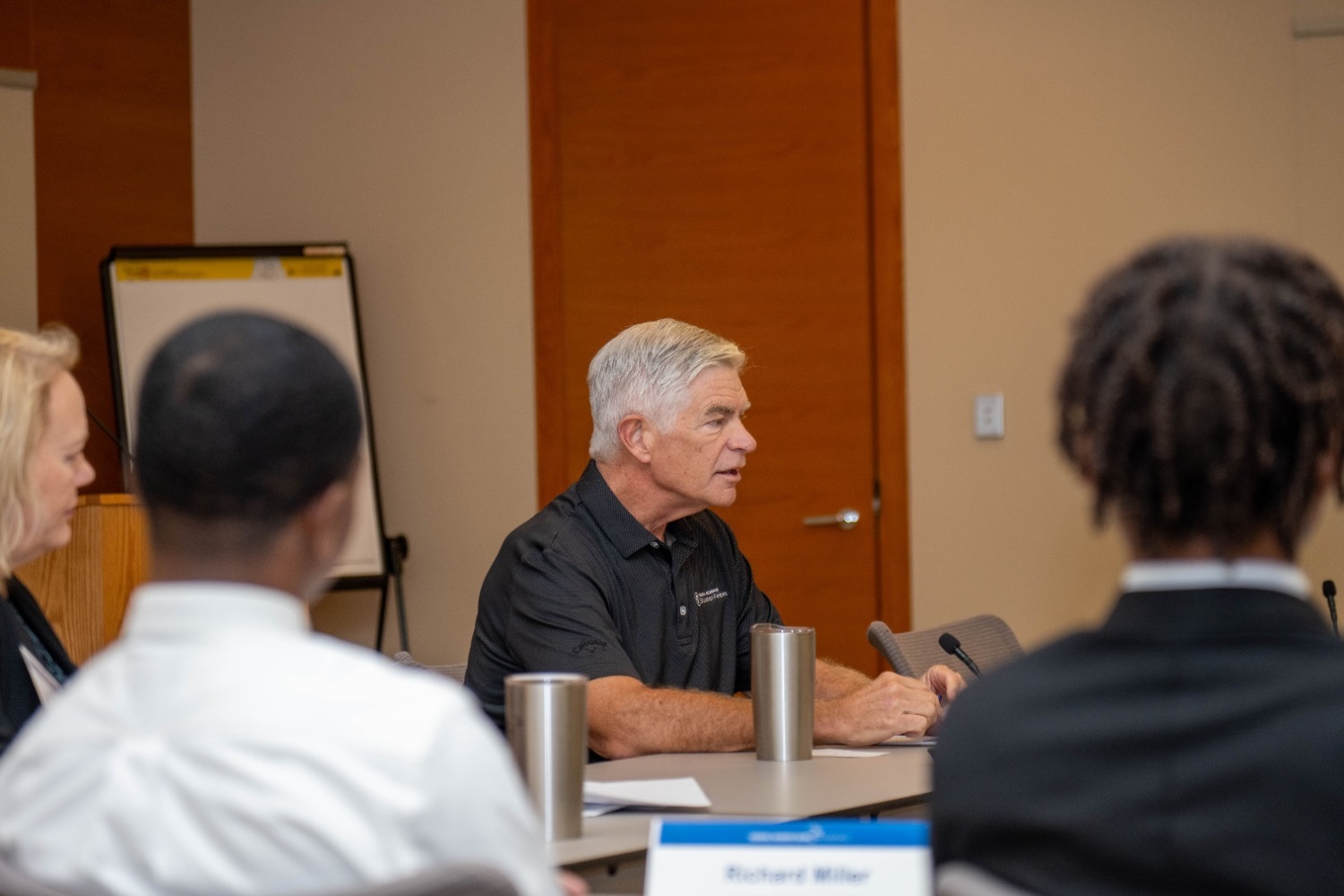
Another caller, a 29-year-old woman residing in Berks County, faced a challenging situation. She lived with her two young children and her significant other, who was the sole breadwinner in the family at that time. The caller had been receiving a substantial amount of financial support in the form of child support payments for her two children.
However, this essential source of income had recently ceased, creating a financial crisis that made it increasingly difficult to cover their bills. Despite her strong desire to work and contribute to her family’s finances, she was struggling to secure employment.
This is where the compassionate caseworker from Philadelphia 211 stepped in. The caseworker took the time to thoroughly assess the caller’s situation, engaging in a meaningful conversation that went beyond immediate financial assistance.
Together, they explored potential alternatives to improve the caller’s financial outlook. The caseworker’s guidance extended to providing valuable referrals, each carefully selected to address specific aspects of the caller’s predicament.
Among the referrals offered were the Dollar Energy Fund, which provided assistance for water bill payments, Workforce Resources and Career Link, invaluable resources for job hunting, and Domestic Relations, a vital source of support for child support assistance and enforcement. These referrals aimed to not only alleviate the immediate crisis but also pave the way for long-term financial stability.
As the call reached its conclusion, the caller expressed deep gratitude for having someone to talk to about her challenges. She had entered the conversation seeking assistance with a utility bill but departed with a profound sense of empowerment and direction.
Armed with newfound knowledge about available resources and a clearer path to improving her current situation, she embarked on a journey towards financial stability, all thanks to the compassionate support provided by Philadelphia 211.
These success stories remind us that, even in times of crisis, a helping hand and access to crucial resources can make a world of difference in the lives of those seeking assistance. However, it’s important to note that the call center goes beyond addressing housing issues; it encompasses a wider spectrum of assistance.
The Hoping Line – The Helping Hand for Crime Victims
The city’s existing 211 call center has received substantial attention since its debut in late March 2022, with hundreds of calls logged, according to city officials. During the period from late March to late December, the hotline received 457 calls, with a significant portion of callers seeking resources related to violence prevention.
While the hotline’s services extend beyond violence prevention to encompass areas like food, utilities, and housing assistance, a notable 42% of callers, numbering 194 individuals, specifically sought violence prevention-related resources.
The hotline is staffed by ten trained “Resource Navigators” who assist callers in accessing the needed services, and approximately four out of five callers accepted follow-up assistance to ensure they received the required support.
This violence prevention hotline, an extension of the United Way-operated 211 call center, operates 24/7 and is both free and confidential. Funded by $1.4 million in city funds, it serves as a crucial “resource hub and preventative tool,” offering access to a range of services, including conflict intervention, counseling for crime victims and witnesses, youth violence prevention programs, and mentorship initiatives.
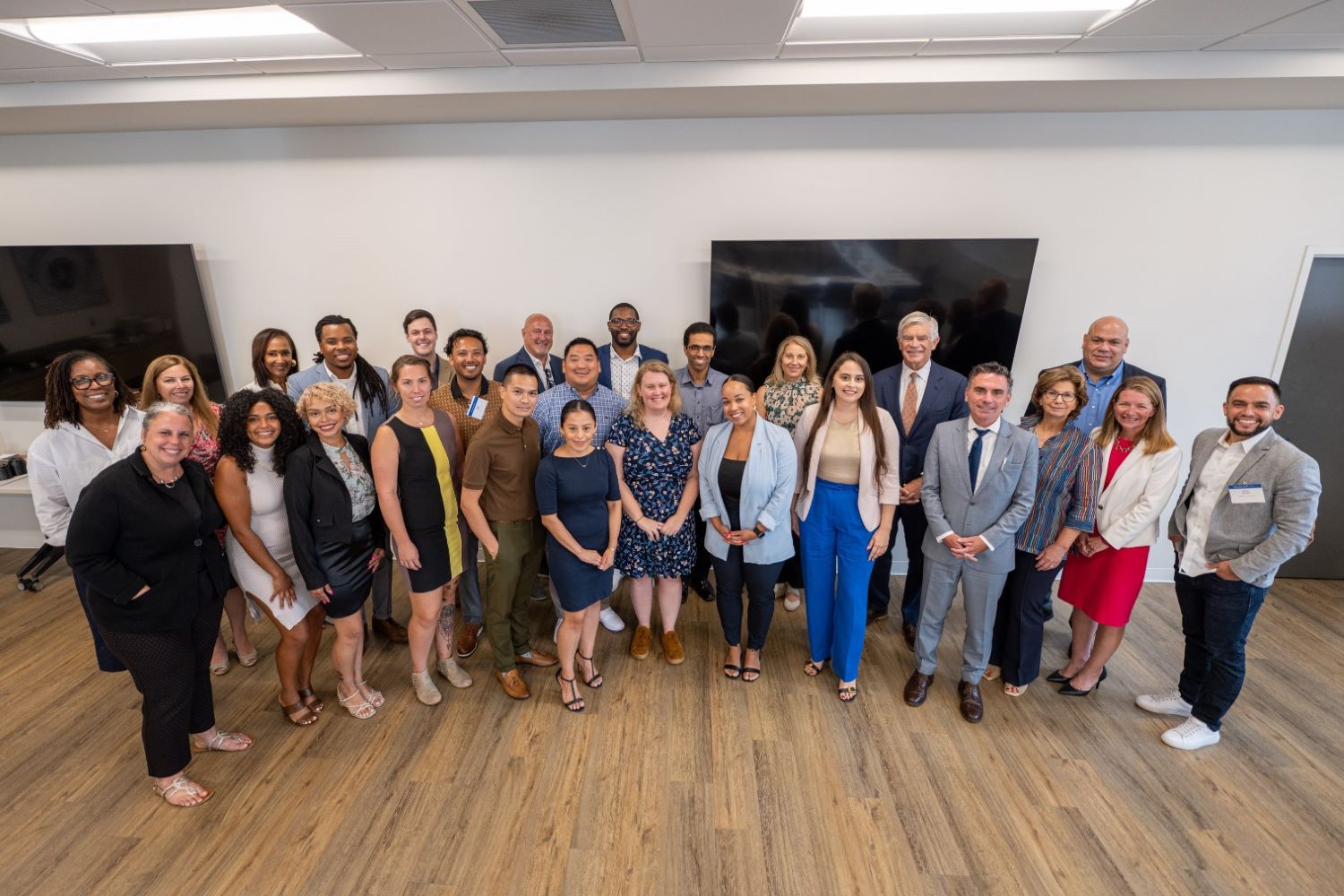
While gun violence affects various parts of Philadelphia, it is not evenly distributed, and individuals living in neighborhoods heavily impacted by gun violence have shown a significant interest in the new hotline’s resources. Residents of the 19140 zip code, encompassing areas such as Nicetown-Tioga and Hunting Park, were the most likely to seek violence prevention-specific resources.
This area experienced 268 recorded shootings in the previous year, making it one of the city’s most affected regions. The 19132 zip code (Glenwood/Strawberry Mansion), with 174 shootings in the same year, had the second-highest number of hotline requests for violence prevention resources. Remarkably, the 19134 zip code (Kensington), which recorded the highest number of shootings in 2022, ranked ninth in terms of violence prevention resource calls.
Philadelphia, despite a slight decrease in gun violence compared to the previous record-setting year in 2021, still grapples with a crisis-level gun violence problem. Over 510 individuals lost their lives to gun violence in the city in 2022, with firearms being the primary cause of death. The City Controller’s Office recorded more than 2,250 shooting victims in the same year, with approximately one in five of them succumbing to their injuries.
Among the top needs identified by 211 callers were support for crime victims, outreach programs, bereavement and grief counseling, and services for resolving neighborhood disputes.
Resource navigators frequently connected callers with organizations such as the Philadelphia Anti-Drug/Anti-Violence Network, Mothers in Charge, and the Anti-Violence Partnership of Philadelphia, in addition to city departments like the Department of Behavioral Health and Intellectual Disability Services and Philly311.
Well-being Important Instrument – The United Way Rises up
The United Way’s role in operating 211 in New Jersey and Pennsylvania is a testament to its unwavering commitment to community support. Through this critical service, the organization fulfills its mission of addressing societal challenges and promoting the common good.
By ensuring access to essential resources, the United Way empowers individuals and families to lead stable and healthy lives, covering a spectrum of vital needs from housing to healthcare.
Collaboration is at the heart of the United Way’s approach to 211. Working closely with dedicated 211 specialists, the organization ensures that callers receive prompt and accurate assistance. This collaborative spirit extends to partnerships with local community organizations, nonprofits, and government agencies, amplifying the service’s impact and reach.
Central to the United Way’s role is the coordination of resources, maintaining an extensive database of services to connect callers with the most suitable resources for their unique circumstances. This resource coordination is crucial in addressing the dynamic challenges that communities face.
Constant monitoring and adaptation are key facets of the United Way’s operation of 211. Through regular evaluations, data analysis, and feedback mechanisms, the organization remains agile, ensuring that the service remains responsive to the evolving needs of communities. In the ever-changing landscape of community support, the United Way stands as a steadfast guardian, deeply committed to making a difference in the lives of those it serves.
The United Way of Pennsylvania, established as Community Services of PA in 1966 and later renamed in 1979, is a 501(c)(3) organization. This means it holds tax-exempt status under section 501(c)(3) of the Internal Revenue Code. As a 501(c)(3) organization, it is exempt from federal income tax and is required to operate exclusively for religious, charitable, scientific, literary, or educational purposes, or for the prevention of cruelty to children or animals. The United Way of Pennsylvania has a vital mission: to support and champion the efforts of local United Ways in their quest to advance the common good.
This membership organization serves as a vital bridge between local United Ways and the resources they need to address the unique needs of their communities. Additionally, charitable organizations like United Funds and Community Chests can also become members of the United Way of Pennsylvania (UWP)
UWP plays a multifaceted role in supporting local United Ways. It serves as their voice on state public policy issues that are closely linked to community impact work in critical areas such as education, income, and health.
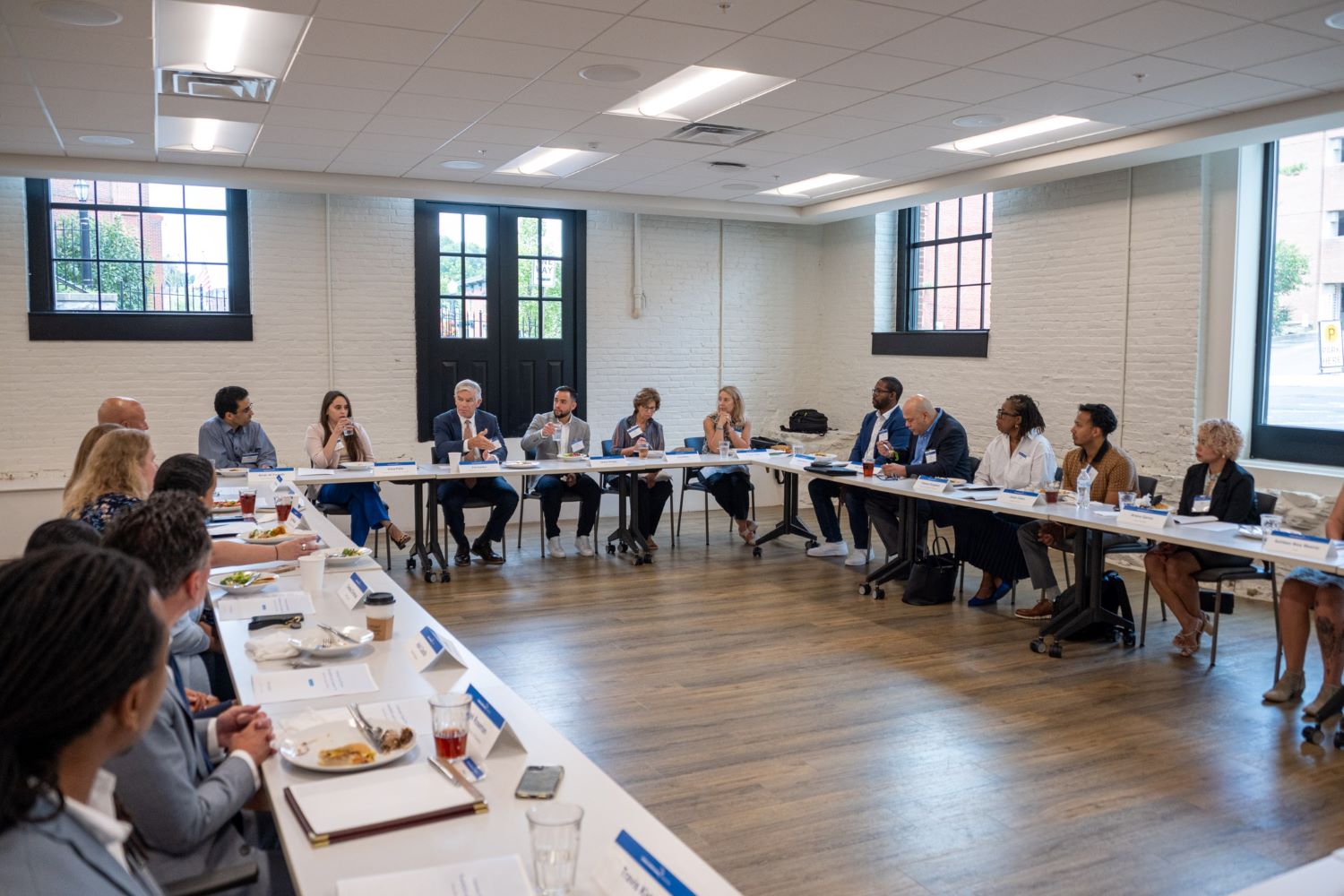
Furthermore, UWP is a significant supporter of PA 211, a valuable resource that connects the people of Pennsylvania with essential health and human services information at absolutely no cost to them. Additionally, UWP administers the state set-aside funds for the Emergency Food and Shelter Program, further demonstrating its commitment to enhancing the well-being of Pennsylvania’s residents.
In the realm of health, United Way is committed to improving access to quality healthcare. Access to healthcare services is a fundamental right, and the organization works tirelessly to ensure that individuals and families have the means to lead healthy lives.
The sobering statistics of poverty in Middlesex County, with over 67,000 people living below the poverty line and nearly 20,000 of them being children under the age of 18, highlight the urgency of United Way’s mission. The well-being of these children, their ability to graduate from high school, avoid negative influences, and lead healthy lives, depends on the collective efforts of the community.
United Way recognizes the value of investing in prevention during early childhood, as it is more effective and less costly than intervention later in life. Through the programs it funds and the initiatives it directly oversees, United Way places special emphasis on the well-being of the community’s children.
The Christian C. Kjeldsen Fund for Children, established by United Way of Central Jersey (UWCJ) in 2003, serves as a testament to the organization’s dedication. This fund honors the memory of a former Board of Trustees Chair and Chief Volunteer Officer, Christian C. Kjeldsen, who was deeply committed to meeting the needs of the community’s children, especially during their early years.
The fund provides essential support to UWCJ’s early childhood initiatives, including the Nurse Family Partnership, Parent Child Home Program, and Abriendo Puertas/Opening Doors.
United Way’s tireless efforts, driven by its unwavering commitment to community well-being, continue to make a profound impact on the lives of individuals and families, particularly the youngest and most vulnerable members of the community.

